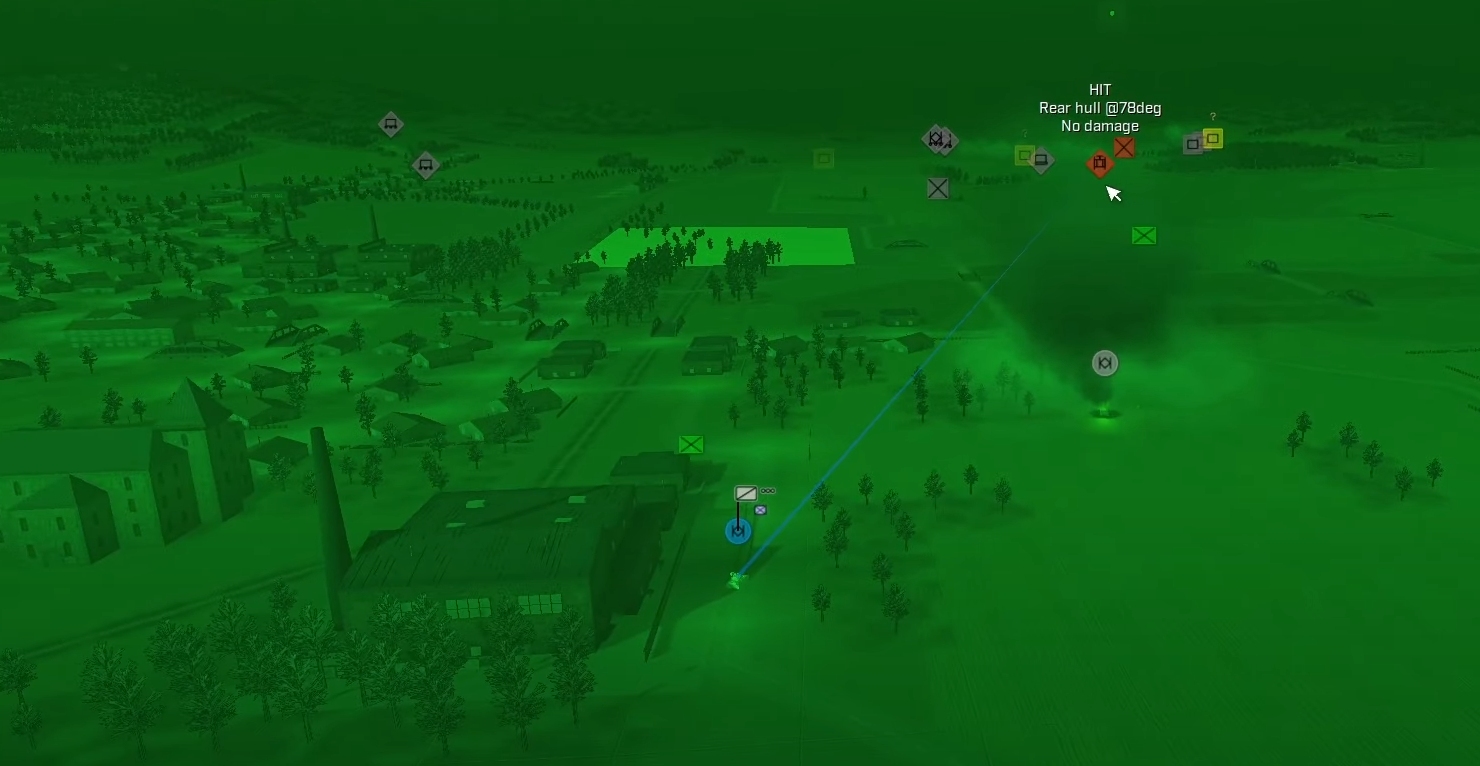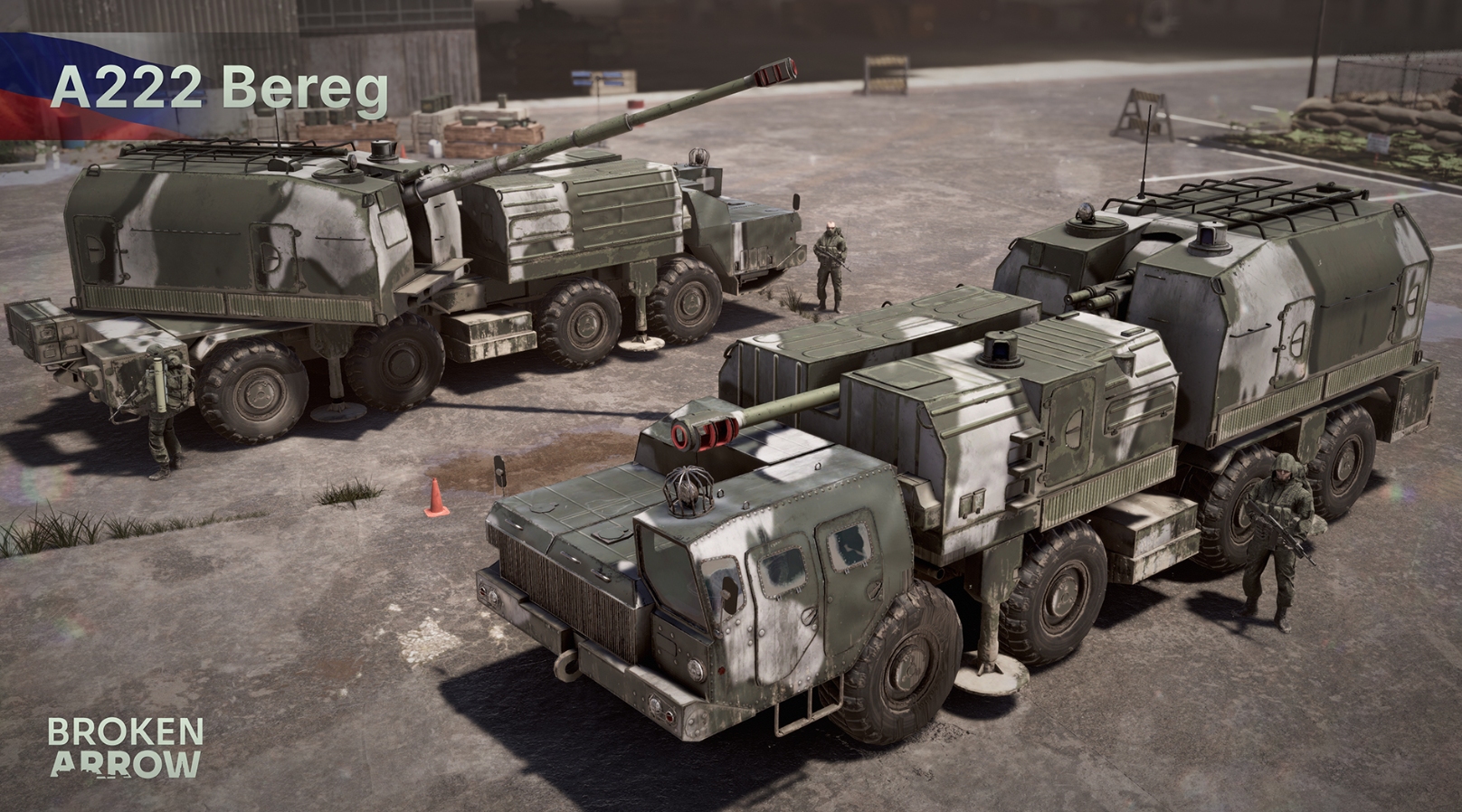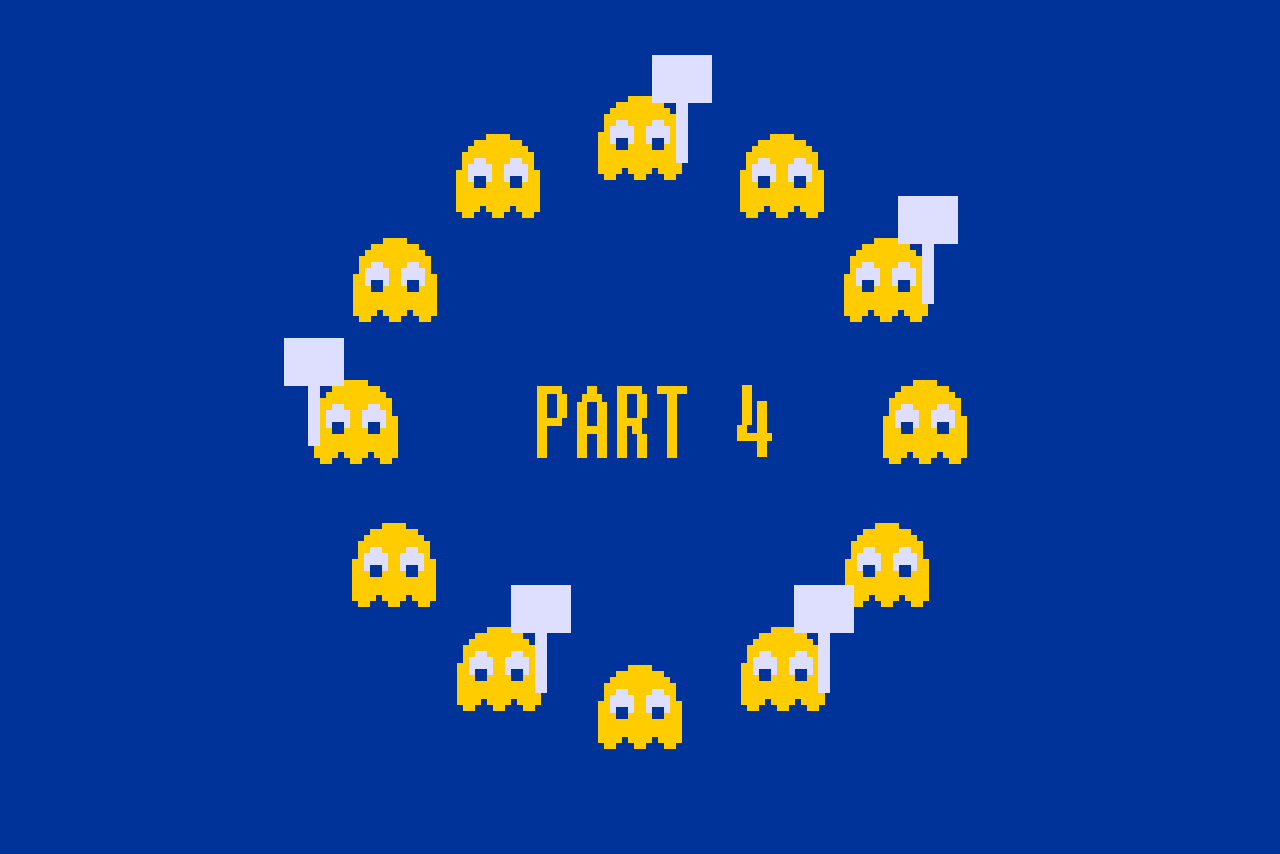Not everyone in the games industry is quite as positive about Creative Europe’s game development hand-outs as the three grant beneficiaries whose views I shared in Thoughts of the Thankful. It would be remiss of me not to give you a taste of the skepticism and suspicion I’ve come across while looking into EU fun funding.
Doubters and naysayers seem particularly common in the provinces I know best – Grogland and Simulatia. Take Iain McNeil, CEO of Slitherine and Matrix Games, for example. While Iain admits he has no direct experience of the Creative Europe scheme, he has had contact with EU fund furnishers in the past and was prepared to proffer some “generic thoughts” based on that experience:

“We’re not eligible as we are UK and no longer in the EU. However when we were there was no interest politically in anything that was about war when we talked with them (not this fund).
These funds tend to be run by people that have no understanding of games so the funding goes to people that work out how to navigate the system, not the people who deserve it. This is not isolated to games. We see the same with defence and you need experts in producing the bids to win, not making the product. Once a company works out how to navigate the system they can do it again and again. We prefer to focus effort on making good games, not gaming the system.
Once funding is provided there is also no incentive to review and say that was a bad decision as the awarders career suffers if they do. So every project is made to look very successful and often leads to good money after bad to save face.”
Slitherine’s CMO, Marco Minoli, shed light on CE’s questionable application process when he talked of letters the company was often asked to write on behalf of grant applicants. The letters essentially boil down to Slith saying ‘If game X turns out to be good, and if the market conditions are favourable, than we might be interested in funding or publishing the game.’ According to Marco, although “fundamental to a good submission” these missives are, in truth “meaningless and not binding”.

Like his boss, Marco clearly isn’t a massive fan of the EU’s current approach to boosting the sector:
“It’s a very time-consuming process too, so you need experts and consultants to write these applications as best as you can to succeed. It’s not something we’ve done in the past. Research and development tax breaks are what we try to apply for.”

It’s not only larger concerns like Slitherine that would prefer straightforward tax breaks to the current winners-take-all grant lottery. A solo dev I won’t name had this to say on the subject of EU funding:
“TBH government schemes like this simply don’t interest me as since I’m a one-man developer I just don’t have time to fill in forms to apply for grants and tax exemptions etc. Also, as a one-man developer the ‘costs’ of developing a game are on paper very small as I only pay myself a very limited income from the business account (to avoid income tax) and take the rest in dividends. This is probably only the sort of thing that medium and large companies consider as they have the resources to look into it, and they lobby governments for this sort of perk.
My game REDACTED is doing fantastically well at the moment. If I was to put any effort into the financial side of my business it wouldn’t be to apply for these ridiculous schemes, it’d be to move the company to a lower tax jurisdiction!”
Another lone-wolf respondent – someone who, earlier in their career, had worked on a “failed EU project” – was equally dismissive:
“Having read and seen how these things work, I’ve zero confidence in the people awarding the grants being unbiased, knowledgeable and fair. If a developer can get a second grant without any proof of work from the first one, it’s obvious that something isn’t right.”
Unquestionably, Creative Europe’s grant scheme is helping some developers survive and take creative risks. However, the fact that others within the European games industry regard it as dysfunctional and irrelevant must, surely, give CE pause for thought.


The EU did conduct a study in 2022 entitled “Understanding the Value of a European Games Society”
https://digital-strategy.ec.europa.eu/en/policies/value-gaming
with the report being published a year ago:
https://digital-strategy.ec.europa.eu/en/library/study-european-video-games-sector
I haven’t read either the report or abstract yet, but there might be some wheat to find amidst the chaff. Interest-piquing statements on that second page include:
– The sector employs around 74,000 people across 5,000 game development and publishing studios
– It also presents nine recommendations for video games to thrive in Europe
(And all because I wondered if there was an EU official day of gaming)
((No evidence that there is))
Well, I’ve looked at the abstract which is only 1 page. Those recommendations are:
1. Strengthen mechanisms to support structured policy dialogue within the sector.
2. Channel targeted financing solutions to strengthen the competitiveness of video games, with a focus on scaling up emerging and small game developers.
3. Encourage cross-sector collaboration between the EU video games sector and other EU sectors to maximise innovation and social benefit.
4. Improve data and insight on the European video games sector to enable evidence-based policy interventions.
5. Strengthen the education and training offer to support the sector’s future workforce.
6. Promote inclusion and diversity in the video games workforce.
7. Develop a policy and regulatory ‘lighthouse’ for small business to navigate regulatory requirements.
8. Review State Aid Provision for the sector.
9. Facilitate the safeguarding of video games as cultural heritage.
I guess the relevant ones to this article series are 2, 4 and 8.
Back to being silly, I suppose 3 means they really want to see the European Blastinator 2: The 335-year War movie, or else Field of Glory 2: Medieval but with edible regional pastries.
9 means your children’s children can continue your European Blastinator 2 savegame.
“I haven’t read either the report or abstract yet”
I suspect the number of people that have read that report in full could be counted on the fingers of one hand. One of the most remarkable aspects of it is the lack of references to, and scrutiny of, the EU’s own grant scheme. In 228 pages Creative Europe grants are barely mentioned. Public funding for game development in Finland gets more attention!
Glad to see this series continue, it’s incredibly interesting reading.
What I’m seeing here is a tension between video games as art, a creative outlet, and video games as business. Despite a vague handwavey gesture at the former in the report (recommendation number 9), it seems like a tacit admission that it’s the latter that takes precedence. It’s also clear that despite having “Creative” in its name, Creative Europe is also prioritising business over art. I mean, having to hire experts and consultants just to get a grant? Can’t think of anything more coldly corporate, and more inimical to creativity, than that.
I mean, fine. For all the good it does, I do understand that the EU is another cog in the neocapitalist machine and that they do want to – or have to – do good business. But they’re never going to get the cultural art they say they want, if it continues this way.
“What I’m seeing here is a tension between video games as art, a creative outlet, and video games as business.”
One way CE could have dealt with this tension is by providing game/dev support through both their culture-orientated ‘culture’ strand and their economics-orientated ‘media’ strand. Instead, games have been lumped into the media strand, and a ‘narrative’ stipulation has been imposed on grant applicants in a clumsy attempt to encourage culturally worthy projects. It’s a massive fudge.
Personally, I’d like to see all of the EU’s support for game development come under the ‘culture’ umbrella. While the organisation almost certainly doesn’t have sufficient expertise to spot and foster potentially successful video games, it probably does have what it takes to promote “the cross-border circulation of works of culture and the mobility of cultural players” (one of the goals of the ‘culture’ programme) through targeted support of games steeped in European history and culture. Games like Velvet 89, The Darkest Files, and Venti Mesi.